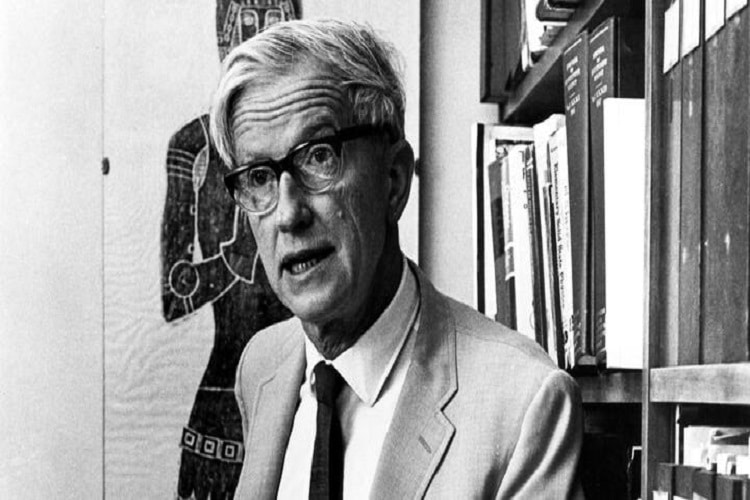Max Delbrück: Father of Molecular Biology and Nobel Laureate

Max Delbruck (4 September 1906 – 9 March 1981) was a German American biophysicist. He was awarded the Nobel Prize in Physiology or Medicine in 1969.
Life and Career
Max Delbruck was born on 4 September 1906, in Berlin, Germany. He came from a family of intellectuals; his father was a professor of history, and his uncle, the physicist Max Planck, was a Nobel laureate.
Delbrück studied physics at the University of Göttingen and completed his Ph.D. in 1930 under the guidance of renowned physicist Niels Bohr. In the early 1930s, Delbrück worked in various physics laboratories in Germany and the United States. He became interested in biology, particularly genetics, and shifted his research focus to the biological sciences.
Delbrück is best known for his work on the bacteriophage (a virus that infects bacteria) and the phenomenon of spontaneous mutation. He, along with Salvador Luria and Alfred Hershey, conducted groundbreaking experiments in the 1940s that demonstrated the genetic nature of viruses. Their research laid the foundation for understanding the molecular basis of genetics and the structure of DNA. Max Delbruck passed away on 9 March 1981, in Pasadena, California, United States.
Award and Legacy
He was awarded the Nobel Prize in Physiology or Medicine in 1969, which he shared with Alfred Hershey and Salvador Luria for their work on the replication and genetic structure of viruses. Max Delbrück’s research on bacteriophages and the nature of genetic mutations had a profound impact on the field of molecular biology. His work paved the way for understanding the genetic code and the structure of DNA, which were crucial developments in the field.
Delbrück’s research also contributed to the later discoveries of DNA replication, transcription, and translation. He played a significant role in establishing the foundations for the field of molecular genetics, which has had far-reaching implications in medicine, biotechnology, and various scientific disciplines.
Max Delbrück’s legacy continues to inspire and influence scientists and researchers in the field of genetics and molecular biology.
Observer Voice is the one stop site for National, International news, Sports, Editor’s Choice, Art/culture contents, Quotes and much more. We also cover historical contents. Historical contents includes World History, Indian History, and what happened today. The website also covers Entertainment across the India and World.

